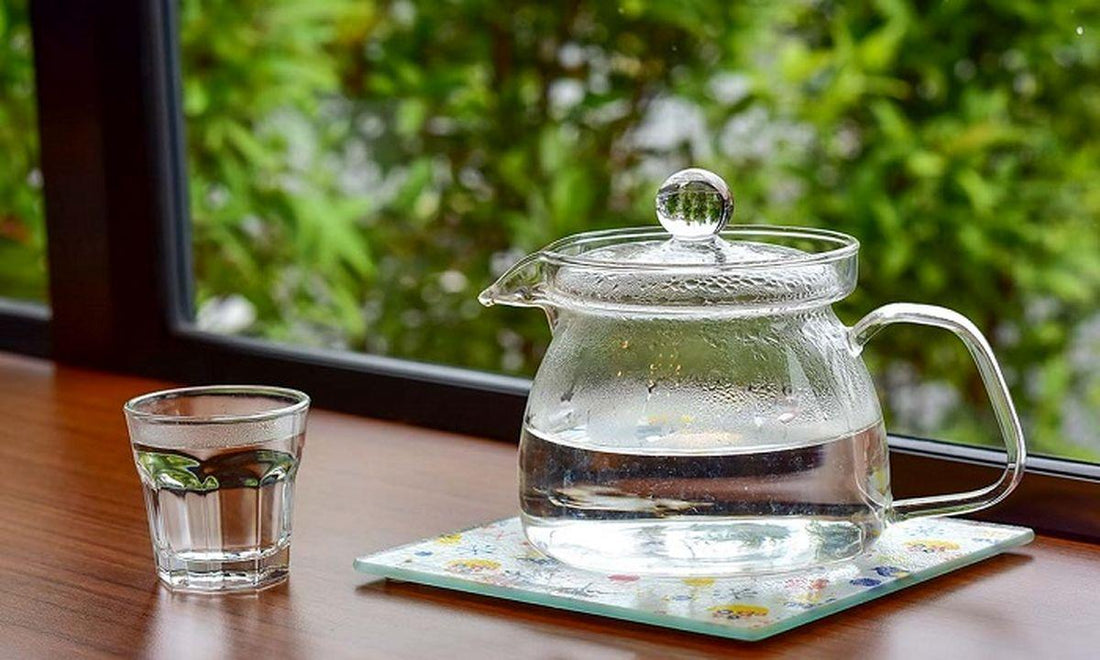Chlorine in our water supply: Friend or foe? A recent report by the U.S. Council of Environmental Quality raised concerns, saying that cancer risk among people using chlorinated water is as much as 93% higher than among those whose water does not contain chlorine.
Adverse Effects of Chlorine, Research on Chlorinated Water
According to a Belgian study that was released in 2003, certain irritants called trichloramines are released any time chlorinated water reacts with organic materials (such as sweat or urine) from people. Trichloramines are believed to initiate a biological process that effectively destroys the cellular barriers surrounding the lungs.
Children exposed to large amounts of chlorine could potentially suffer asthmatic attacks. In one research study, rats exposed to chlorine and chloramines developed tumors in their kidneys and intestines.
Chlorine can irritate severely, even burn, skin exposed directly to it. It can irritate and burn the eyes and throat as well.
According to the U.S. Council of Environmental Quality, "Cancer risk among people using chlorinated water is as much as 93% higher than among those whose water does not contain chlorine."
“Showering is suspected as the primary cause of elevated levels of chloroform in nearly every home because of chlorine in the water.” Dr Lance Wallace, U.S. Environmental Protection Agency.
Chlorine in shower water also has a very negative cosmetic effect, robbing our skin and hair of moisture and elasticity, resulting in a less vibrant and youthful appearance. Anyone who has ever swam in a chlorinated pool can relate to the harsh effects that chlorine has on the skin and hair. What’s surprising is that we commonly find higher levels of chlorine in our tap water than is recommended safe for swimming pools.

How to remove chlorine from drinking water?
Based on a study conducted in 2014 and published by the National Center for Biotechnology Information of the United States, the degradation of free chlorine in water stored at room temperature and in the refrigerator was evaluated. It concluded that in water samples containing 0.2-0.8mg/l of free chlorine, the free chlorine decreased by 62% (in the sample stored at room temperature) and 51% (in the sample stored in the fridge) after 24 hours. The study noted that free chlorine diminished sooner in the ambient-stored water due to “exposure to higher temperature and light”.
The best ways to dechlorinate water at home include water filtration, boiling, UV treatment, vitamin C neutralization, and letting the water sit out.
City water often contains high levels of chlorine and fluoride, which can harm respiratory systems. However, boiling water removes a significant amount of chlorine, and boiled water generally has fewer dissolved minerals compared to tap water. Consuming four to five cups of boiled water daily is essential for individuals with kidney stones or prostate issues.
What is the Fotter water?
Fotter water is water that has been boiled and then immediately removed from the heat source to cool to a lukewarm temperature. It is known for being light and is believed to offer numerous health benefits. Drinking boiled lukewarm water is recommended for detoxifying the body. However, it is crucial to avoid excessive or repeated boiling, as this can degrade the beneficial properties of the water and potentially make it harmful.
Benefits of Fotter Water
Consuming boiled lukewarm water on an empty stomach can cleanse the stomach and liver, freshen the body and mouth, strengthen teeth, improve eye clarity and vision, treat phlegm issues, reduce stomach heat, and alleviate migraines.
Dehydration can lead to fatigue, lethargy, kidney stones, constipation, and hemorrhoids. Individuals who do not drink enough water often suffer from an excess of black bile (melancholia) or excess of yellow bile (choler).
The best time to drink Fotter water is in the morning on an empty stomach when it is still warm.

External Sources
- Toxicological Profile for Chlorine
- The Facts About Chlorine
- What if you don't like the taste of chlorine in your water?
We'd love to hear from you! Please take a moment to leave a review and share your thoughts on this article.



